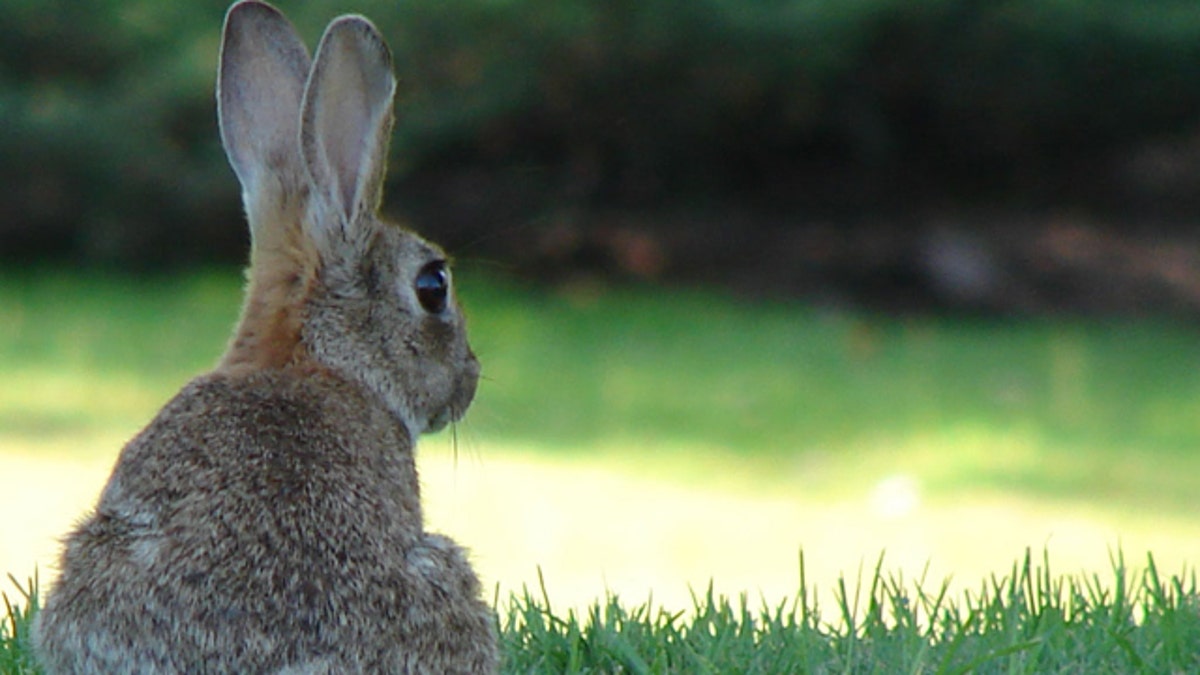
(Masteruk/Wikimedia)
Rabbits could be milked on a mass scale if a pioneering medical treatment gets the go-ahead.
The animals have been genetically engineered to produce C1 inhibitor, a protein that occurs naturally in the human body, according to National Geographic. People who suffer from the genetic disorder hereditary angioedema (HAE) do not produce enough of the protein and suffer from attacks of painful swelling in their soft tissues.
They can even die from asphyxiation if the swelling affects their throat.
Although the protein can be harvested from donor blood, stocks are limited and can carry the risk of a viral infection, according to biotech company Pharming, which is behind the project. Rhucin, its treatment derived from the rabbit milk, has undergone trials and is now awaiting approval from European drug regulators.
If the drug is approved, the Netherlands-based company is said to be ready to milk a herd of 1,000 rabbits using mini-pumping machines attached to their teats. Researchers would then extract the protein in a lab.
Pharming says one benefit Rhucin offers is that it "does not carry the risk of transmission of human infectious agents, as it is not isolated from human blood sources."
But the RSPCA said it was concerned over "this use of animals to produce human medicines."
Dr Nikki Osbourne, the animal welfare charity's research animals scientific officer, said: "Our major welfare concerns in this particular case are that the creation of genetically altered animals can cause pain, suffering and distress to all animals involved."
"The techniques involved are inherently inefficient, with large numbers of animals used to create just a few animals with the desired genetic alteration." She added that "the RSPCA is concerned at the use of animals as 'bioreactors' as part of the pharmaceutical production process."
"The use of animals in this way increases the perception of animals as 'units of production' for human benefit, rather than sentient individuals."
Pharming could not be reached for comment.








































